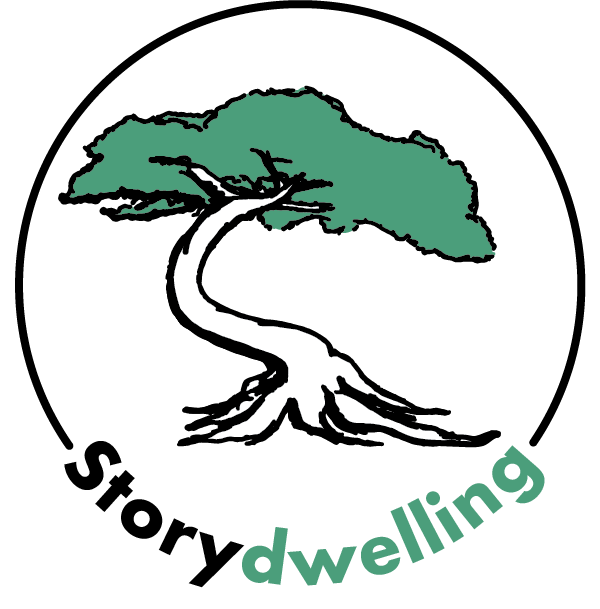We are—and are becoming—a web of relationship, rooted in liberation theologies and bound by the Jesus-inspired commitments to community and creation care, gracious reflection and public action.
Together we seek to practice…
affirming the many dimensions of our stories and identities
- We are committed to the ongoing practices of decolonizing our gatherings and decision-making. We honor and celebrate the leadership of all people, and we seek to center those whose presence and voices have too often been de-centered, especially people of color and LGBTQ+ people.
- Not all of us identify as “Christian,” which we think is pure gift. This is welcomed and affirmed, not despite the diversity of perspective but because of it.
gathering graciously
- Our gatherings are centered in relationship and hospitality, which for us are the core elements of what it means to pattern our lives in the way of Jesus. They are messy, fluid and creative, intergenerational and participatory.
- We are connected to two Christian traditions–Lutheran and Methodist– and we trust traditions are meant to grow, change and adapt for the sake of love and justice.
rooting in ancient text and ritual
- We read, critique, and honor the Bible as a collection of sacred stories of liberation and love-practices which we are called to steward into the future.
- We trust the Sacred is found in many texts and prophetic voices, both ancient and contemporary, from many traditions.
- We practice feasting together as a model of becoming the “beloved community”– sometimes through the ritual of communion, sometimes by sharing a meal.
listening toward real relationship
- 1-1 conversations are a way of developing real relationships and are a core spiritual practice
- Relationship changes us, so how we express ourselves as a community shifts and changes. We always come back to relationship.
liberating our theologies
- Detoxifying our traditions is an important process of healing, and we aspire to continually center ourselves not only in what we say “no” to but also what we say “yes” to– freedom, justice and joy.
- We hold closely the texts and wisdom of liberation theology ancestors, both old and new.
- We use words like “God,” “Jesus,” and “Christian” and other symbols thoughtfully and with openness.
action + reflection as community care
- We know we are all bound up in systems of injustice that inflict wounds and oppress. We seek to name this truth honestly and listen to those closest to the pain.
- In light of these truths, we are called to bold, public response alongside deep, contemplative reflection.
public partnership
- We are not meant to be all things to all people (that would be absurd and wildly egocentric.) We commit to being in relationship publicly with many other communities.
- We partner with people, faith communities, nonprofits, and public entities to gather, reflect and act. Sharing resources is essential to resisting myths of isolation and independence.
